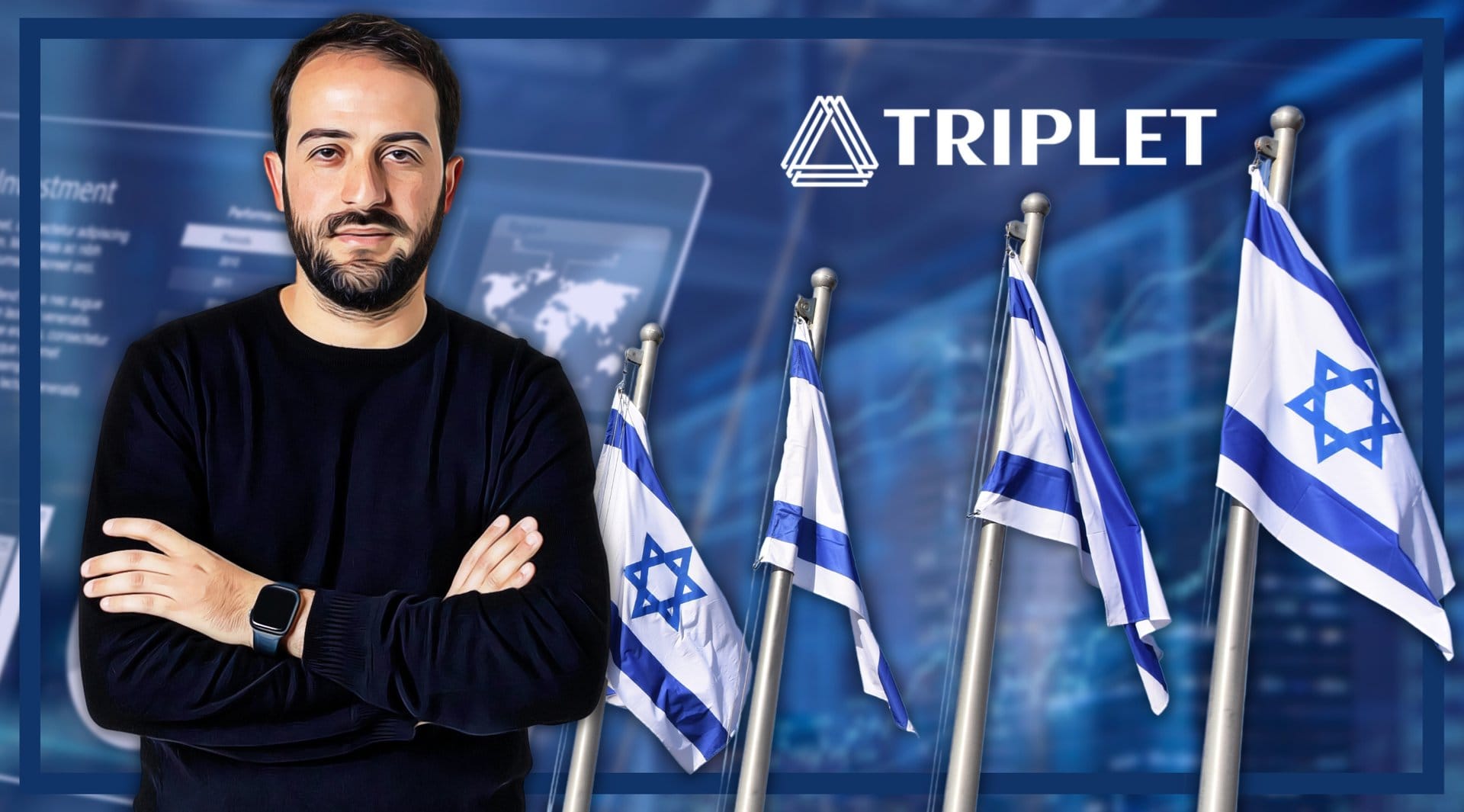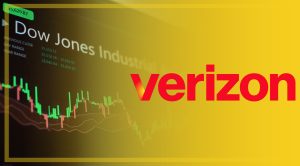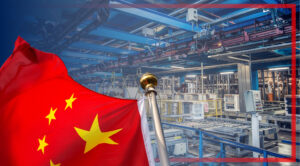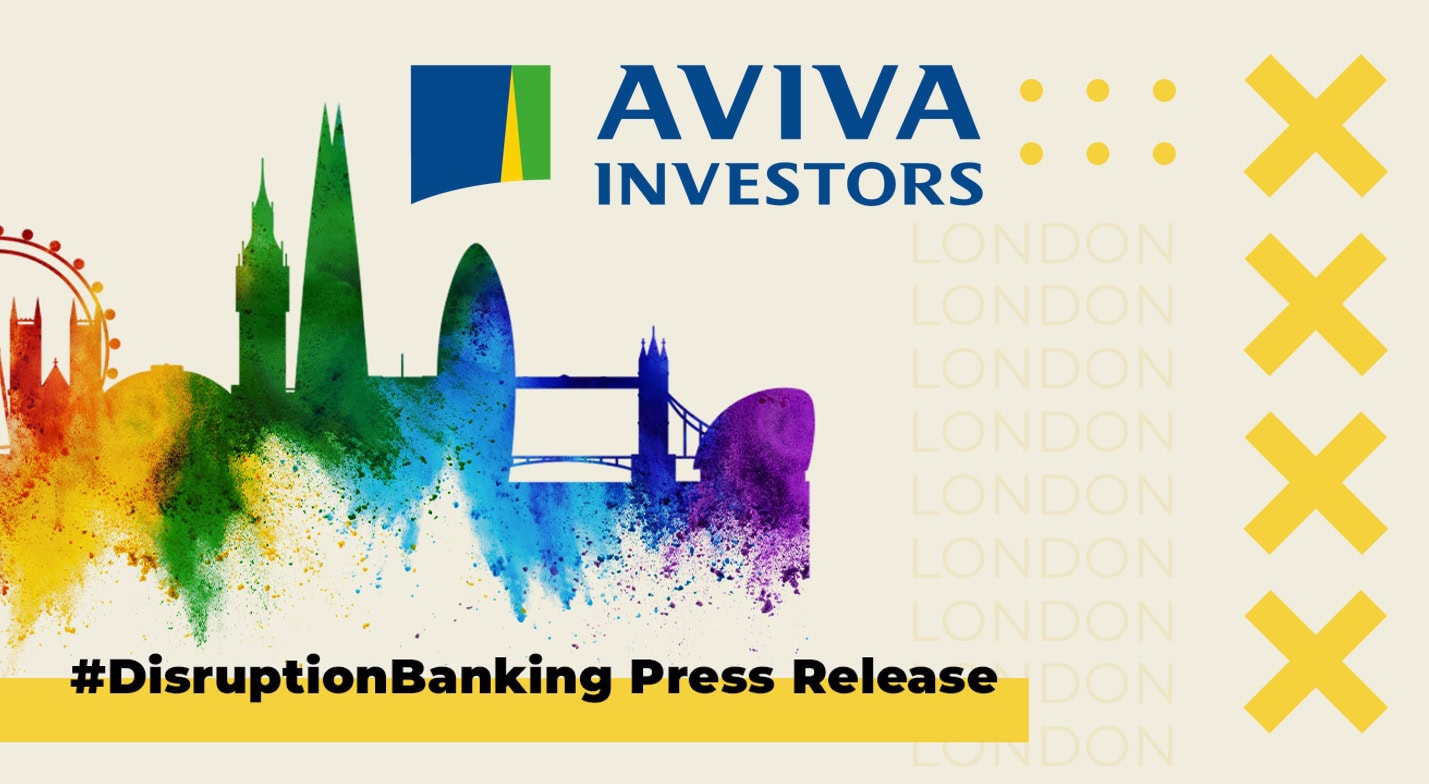2023 has been a volatile year for global financial markets – and perhaps Israeli markets in particular.
The Middle Eastern country, which is known as the “startup nation” and is heavily dependent on its high-tech sector, has been highly exposed to the crash in tech valuations. Amidst high inflation and higher interest rates, highly leveraged tech businesses have seen their share prices come starkly down, with access to venture capital funding also drying up. The collapse of Silicon Valley Bank, which was the most popular international bank in Israel, also sent shockwaves through technology and banking markets. And that’s not to mention the political chaos in the country, which has prompted several Israeli unicorns to threaten to relocate all funds.
Globally, we have seen hedge funds and family offices take more defensive investment positions in light of these conditions. Is this the case in Israel too?
Despite high oil prices offering GCC states a $1.3 trillion windfall this year, family offices in the Gulf are investing defensively. Start-ups and tech firms are out; dividend-paying companies with robust balance sheets are in. @DisruptionBank:https://t.co/zDMqR3SWaZ
— Harry Clynch (@clynchharry) January 17, 2023
Ran Azrieli, the CEO and Co-Founder of Triplet, a hedge fund based in Tel Aviv, has seen his assets under management grow significantly. He joked that Triplet has an “old-fashioned” approach to investing because the hedge fund tends to invest based on fundamentals –avoiding speculative, high-risk investments – and does so with the view to holding the stock for years. Azrieli has a small portfolio of stocks chosen for their strong “value” and fundamental strength.
“I’m usually looking at least five years into the future when picking stocks,” Azrieli told Disruption Banking. “It’s all about the fundamentals of the company. Sometimes I make a switch and close my positions, but in the last year I’ve only done that once. I hold for a long time and we’re looking for long-term clients. My clients don’t expect sky-high results in a few months, they’re looking for strong and consistent returns over three, four, five years.”
The appeal of such a strategy clearly grows when the market is as choppy as it currently is. Azrieli’s portfolio consists of companies with strong cash reserves, solid balance sheets and income statements, as well as those with “great products and great management.” Dividends aren’t as important for him, as he looks for “small companies with high growth potential” over several years. Triplet’s portfolio is heavy on retail, heavy industry, and manufacturing.
Azrieli has dedicated about 5% of his portfolio to Chinese companies – he has about 5% in British stocks and 90% in US-listed companies – and is bullish that China’s reopening could boost returns this year. “We’re positive about China,” Azrieli said. “I cannot know what will happen for sure, but with their reopening, they are likely to be very focused on economic growth and material products. That should help drive value in heavy industry.” However, he also emphasised that, on the whole, he “doesn’t care about short-term economic trends” and is more interested in finding undervalued companies with growth potential over the medium and long-term.
China’s reopening should help stabilize global commodities demand, according to the world’s top miner, but the prediction comes with caveats https://t.co/90xGH3LCJd
— Bloomberg (@business) February 21, 2023
Triplet certainly appears to be meeting a demand in the market for more conservative approaches, aimed at achieving consistent gains. Many investors have been burned in recent years through high-growth strategies exposed to more speculative tech stocks and crypto assets. As the world goes through another bear market, attitudes and cultures are changing in turn.
“Hot stock markets are usually overpriced and are very risky,” Azrieli said. The old-fashioned way, of trying to find undervalued companies with potential to grow, is back in demand.
Author: Harry Clynch

















